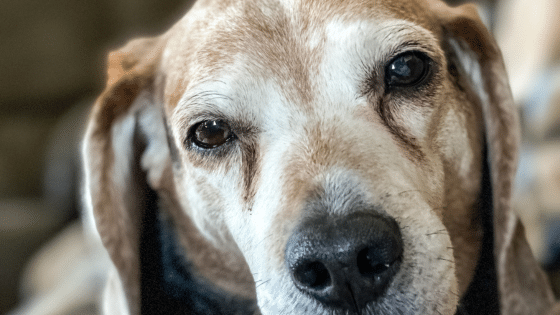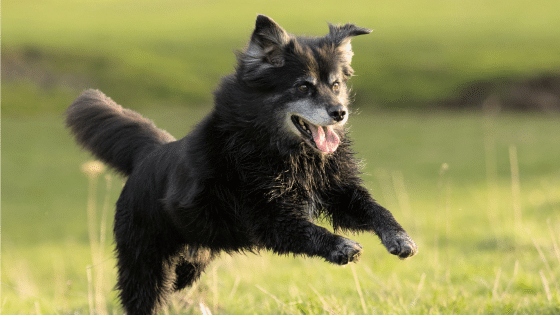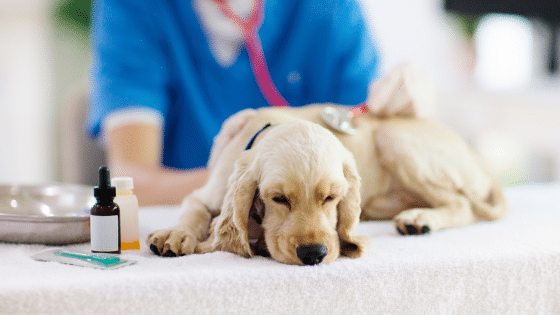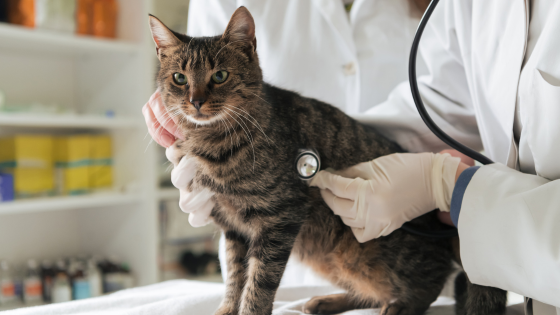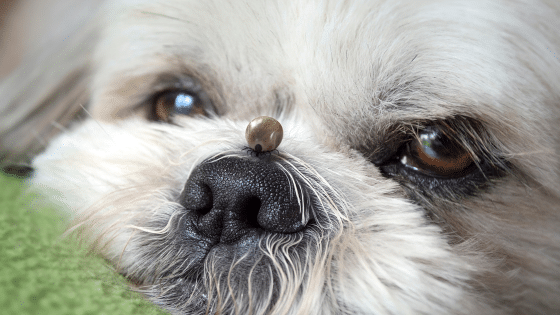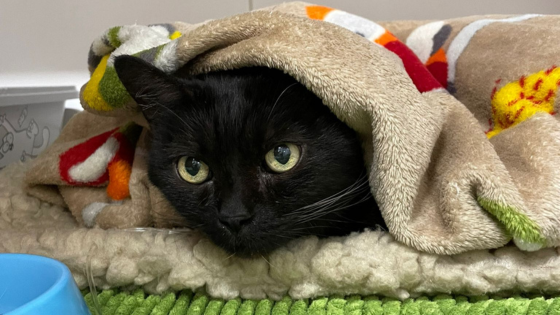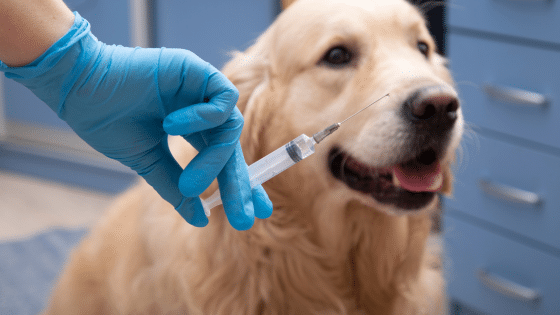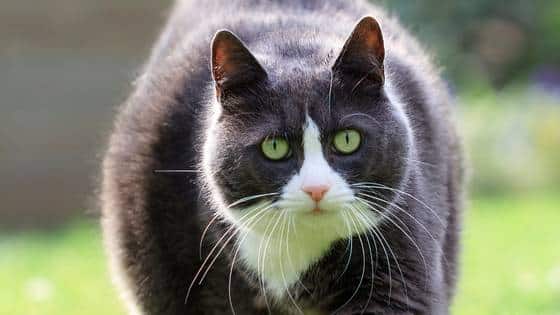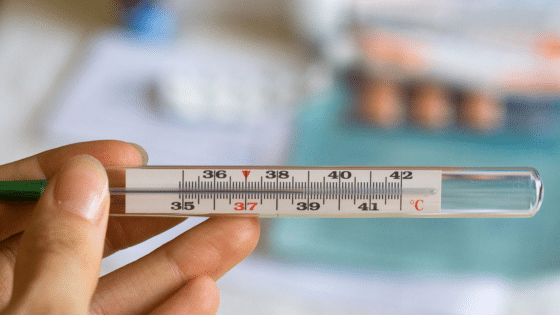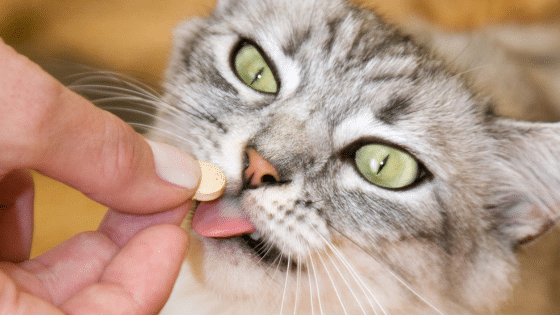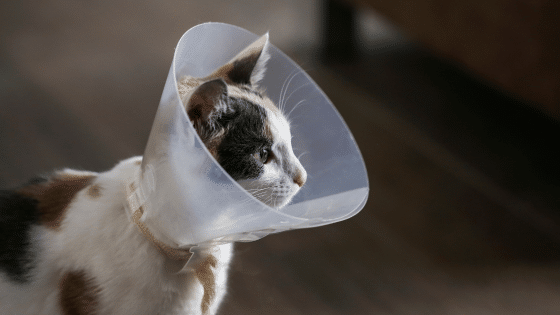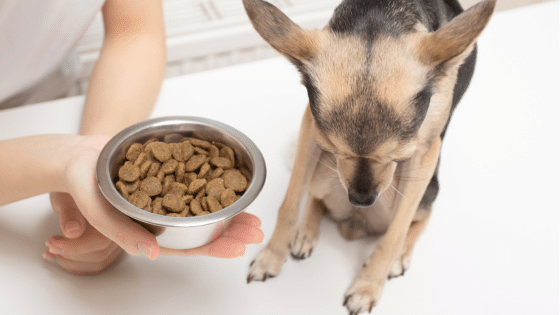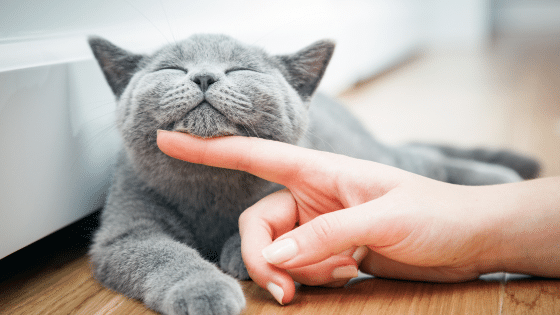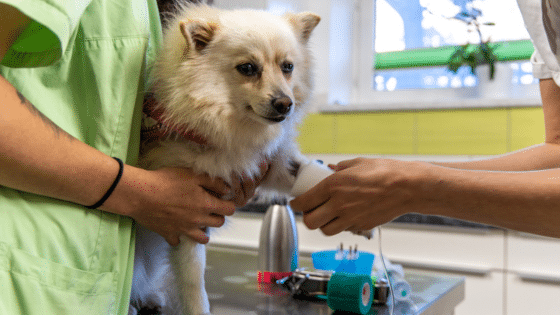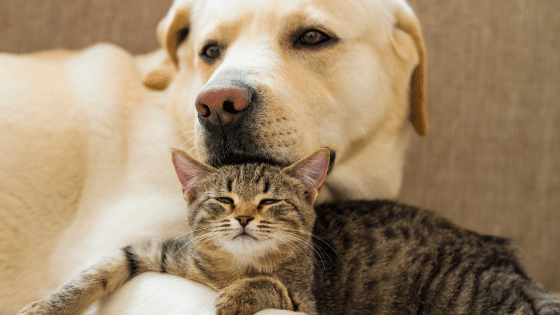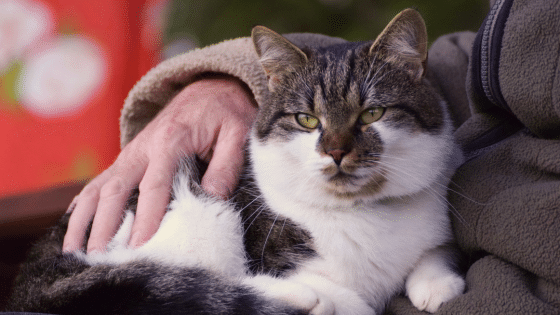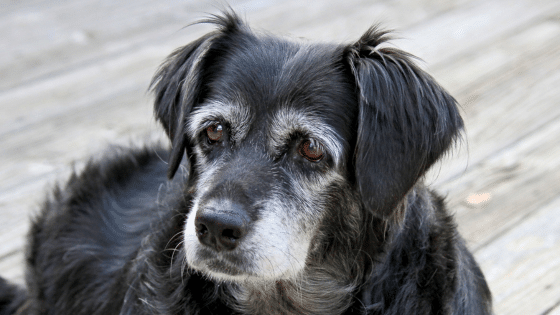The castration of dogs and cats - What to consider?
The advantages and disadvantages
With every castration, the advantages and disadvantages should be weighed up and a decision made individually for each animal. A complete clinical examination before castration is a matter of course in order to minimise the risk of anaesthesia as far as possible.

- Basically, we recommend neutering for all dogs and cats that are not intended for breeding.
- Very "hormone-controlled" animals should be neutered to avoid the stress.
- Bitches suffering from extreme false pregnancy should be spayed.
- Patients at risk (e.g. with diseases or degenerations of the genital organs) should be castrated.
- If any offspring cannot be raised or placed in an animal welfare-friendly manner, the animal should be neutered.
What is castration?
Neutering in veterinary medicine is the surgical procedure in which the reproductive organs are removed. Depending on the procedure, only the ovaries or ovaries and uterus are removed from the bitch and cat, and the testicles are removed from the male dog and cat.
Sterilisation is the ligation of the fallopian tube or spermatic cord. This is rarely done in veterinary medicine, as one usually also wants to stop the behaviour and the urge to reproduce.
At what age neuter?
For neutering, the animal should be fully grown. Growth is usually completed with the change of teeth (at about 6 months), in some large breeds only later. We do not recommend castration at an earlier stage, as this can lead to growth and joint problems. In bitches, the optimal time is shortly before or after the first heat.

Why castrate?
The main reason for deciding to neuter is certainly to prevent offspring and reproductive behaviour. A cat in heat can be very stressful for the owner and a "hormone-controlled" male cat loves to mark his territory with urine. In dogs, the hormones can sometimes lead to changes in temperament, false pregnancies and psychological stress.
Higher life expectancy
Studies show that neutered animals have a higher life expectancy. This can be explained by the fact that male animals in particular are more willing to take risks due to the testosterone (male sex hormone) and there are more power and territorial fights. Many female uncastrated animals develop changes and degenerations of the uterus and mammary gland in old age (in approx. 25 % of uncastrated dogs and cats). Pyometra (suppuration of the uterus) is an absolute emergency and can also lead to the death of the animal. Carcinomas or other tumours of the mammary gland can quickly metastasise and thus also affect the lungs or other organs. Uncastrated male animals have a significantly higher risk of developing testicular tumours or prostate changes.
Psychological stress
The reproductive organs are made to produce offspring and in the wild our dogs and cats would regularly live this out to the full. The constant "signal" of the hormones to reproduce, but not being allowed to act out this drive, leads to a high psychological stress and sometimes to aggression in some animals.
Some bitches develop a false pregnancy, which means that the body adjusts itself to a pregnancy although the animal is not pregnant. Sometimes there are changes of temperament and the beginning of milk production. This is a relic of the dog's ancestor, the wolf, and had the purpose that if a mother dies in a wolf pack, all other females can take over and raise the pups.
General anaesthesia necessary
Every anaesthetic carries a certain risk, although modern anaesthetic methods in veterinary medicine are relatively safe and the risk can be minimised as far as possible through good anaesthetic management. When neutering is planned, the animals are usually young and healthy and therefore have a very low anaesthetic risk.

Not every behavioral disorder is caused by hormones
Neutering is not the solution to every behavioural problem or disobedience. Neutering can only improve hormonal behavioural problems. If an animal is fundamentally aggressive or disobedient, then work must be done with a dog trainer.
Weight gain after castration
Weight gain is often attributed to castration. It is important to remember that the body has a lower energy requirement after the removal of the sexual organs and the diet should be adjusted accordingly. Puppy food, which provides a very high energy density for growth, should not be fed to an adult and neutered animal. Neutering is carried out at the age when an animal goes from being a playful and active puppy to an adult and therefore already has a lower energy requirement.
Side effect: incontinence in the bitch
After the spaying of bitches, especially of large breeds, a small percentage of animals may develop urinary incontinence in old age. The exact cause is not yet fully understood and there are several theories. In most cases, this can be controlled with medication that strengthens the urinary sphincter muscle.
Always judge studies critically!
There are many studies on castration in dogs and cats, but one should always judge them critically. If a study was carried out with only 10 animals and these were possibly predominantly e.g. St. Bernards (which according to studies tend to have tumours), this is not particularly meaningful.
An extensive study on the advantages and disadvantages and the best time for castration was conducted by the College of Veterinary Medicine Texas with a large animal population. It shows the overwhelming advantages of castration, but also critically addresses the optimal timing of castration.

Alternatives to castration
There is also the possibility of chemical castration. Here, a small hormone implant is placed under the skin. The effect lasts 6 - 12 months, depending on the preparation. Other hormones to suppress the sex drive can also be given orally or as an injection. These options should only be used as a short-term solution, as the hormone influence can also trigger diseases again in the long term.
Especially the castration of dogs is a very controversial topic and there are many different studies and aspects that should be considered.



